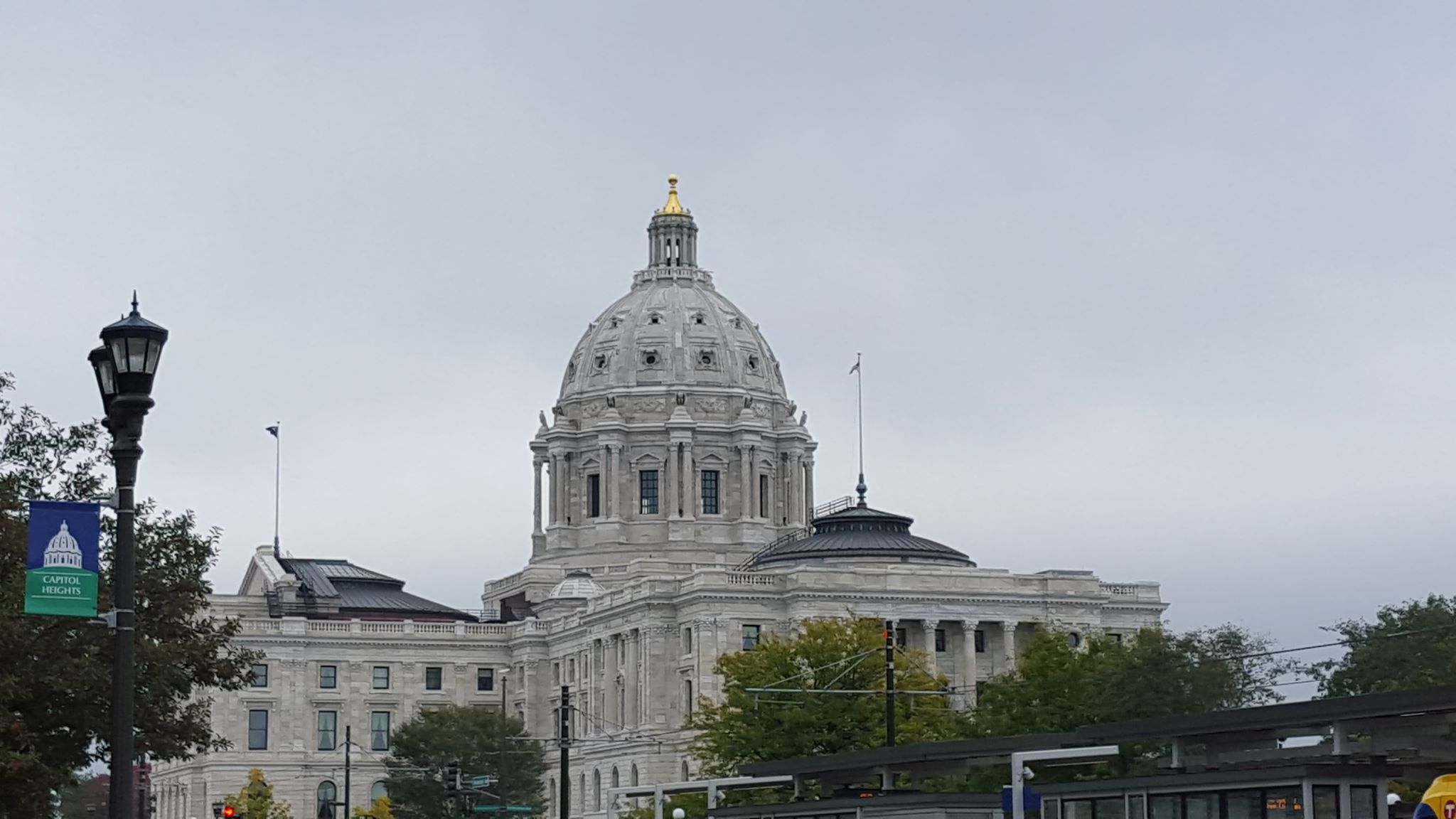
Matt Doll, Minnesota Environmental Partnership
Tomorrow, the Minnesota Legislature will return from the Easter/Passover break and return to the work of crafting spending and policy omnibus bills. These large bills package provisions from numerous smaller proposals to eventually be negotiated between the House and the Senate. If all goes smoothly, deals will be made by the session’s end in late May – if not, Minnesota many worthwhile items may be left on the “cutting room” floor.
The Senate has released a few of its omnibus bills and is expected to consider them on the floor when the members return. MEP will be weighing in on these bills, some of which contain great steps forward for our environment and people. The Environment and Natural Resources omnibus has our attention for more negative reasons – if passed, it would result in steps backward and make it harder for Minnesotans to participate in the environmental review process.
While the bill contains some beneficial spending measures, it’s missing critical pieces from Governor Walz’s supplemental budget proposal despite the state’s historic budget surplus. At a time when waste and pollution are growing into critical threats to our health and well-being, the bill leaves out $19 million for waste prevention, reduction, and recycling. And at a time when Minnesota’s lands are more important than ever to our climate efforts, the bill leaves out $10 million for enhancing carbon-sequestering grasslands and wetlands and $17 million for soil healthy practices that would improve Minnesota’s land and water.
Then there are the policy problems. As has been the case all too frequently in recent sessions, the bill would skew Minnesota’s environmental permitting rules and processes to favor polluting industries, especially when it comes to water.
A returning provision that has appeared in previous years is a proposed 16-year holiday for businesses to avoid complying with new water quality standards as long as they have recently constructed or updated a water treatment facility. Investing in water treatment should be a necessary condition for business, not a get-out-of-protection free card. The bill also reduces the number of waters that agencies could protect, limits how they can measure whether a water use is actually sustainable, and makes it more difficult for the DNR to review water use permits that may need updating.
Then there are blatant handouts to certain industries that would fly in the face of the public interest. One provision seems to assume that all mining proposals are permittable under the law and must be permitted by state agencies within a certain time period, essentially changing the state’s decisions from “Yes, no, or Need More Information,” to “Yes, or Faster Yes.” Another provision would allow chemical plastic facilities that burn plastic for fuel to avoid rules governing solid waste. And one provision would hamstring the state’s efforts to implement air quality standards, putting thousands of Minnesotans at greater risk of air pollution while only benefitting sectors that cause it.
Some of the provisions MEP and our members most strongly oppose address the environmental review processes, taking them ever further out of the hands of the public. One provision would prevent agencies from publishing any guidance on environmental laws by defining that guidance as a form of “unadopted rules” that can’t be enforced. There’s also a gag rule in the bill that would prevent the DNR from providing explanations of any water management plan under development, preventing public oversight.
And one of the most harmful of these provisions is a proposal to limit petitions for environmental review to residents of the county or adjacent counties where a project is proposed. For example, imagine an industrial plant were to be proposed along the banks of the Minnesota River on the eastern edge of Redwood County. Minnesotans living in Redwood or the counties immediately bordering it could petition for an environmental review, but residents of Nicollet County, only fifteen or so miles downriver, could not. Pollution doesn’t respect county lines – what we put into the water goes downstream, and what we put into the air goes downwind.
These and other provisions would harm Minnesota’s resources and democratic process at a time when both are under threat. MEP will be sending a letter to the Minnesota Senate asking them to amend this bill to remove harmful provisions and we will continue to work with our partners to ensure Minnesota’s people and environment are protected as negotiations between the Senate, the House, and the Governor draw near.
For previous columns, visit mepartnership.org/category/blog/. If you would like to reblog or republish this column, you may do so for free – simply contact the author at matthew@mepartnership.org.